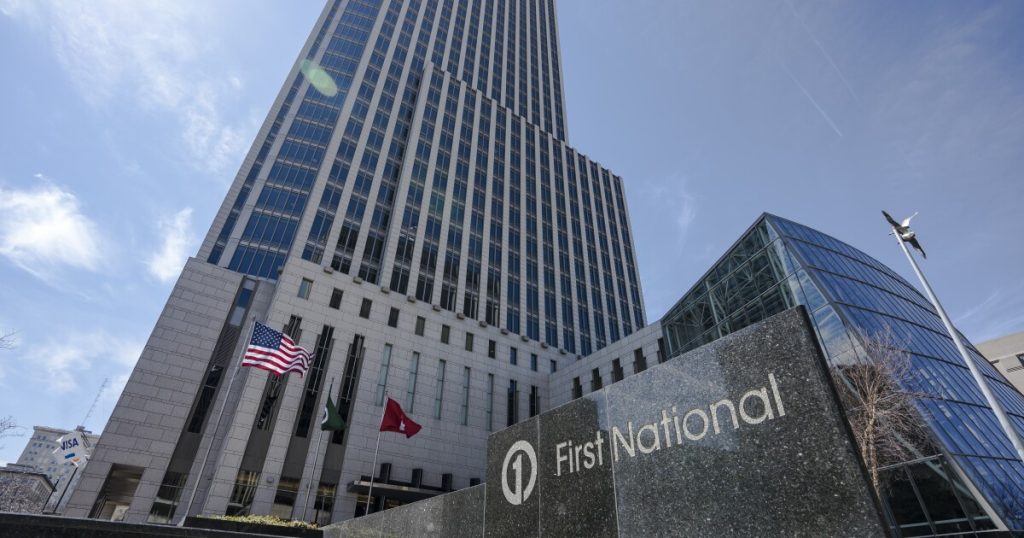FNBO
In a deal combining two privately held, multigenerational family owned banks, First National Bank of Omaha in Nebraska plans to acquire Kansas City, Missouri-based Country Club Bank.
The transaction is expected to close before the end of the year. Terms were not disclosed.
Acquiring the $2.2 billion-asset Country Club checks a number of boxes for FNBO, Clark Lauritzen, the acquiring bank’s chairman and president, told American Banker.

At the top of the list, the acquisition would provide FNBO, which has $32 billion of assets, with added scale in one of the Midwest’s biggest markets. The Kansas City area has 2.2 million people, more than 50,000 businesses and an $88.5 billion deposit market, according to the Federal Deposit Insurance Corp.
Together, FNBO and Country Club would hold $2.7 billion of deposits in the Kansas City metropolitan statistical area, giving the combined bank the ninth-largest share of deposits in the region. On a standalone basis, FNBO ranks 16th.
Country Club also operates a trust company with $2.8 billion of assets under management and a boutique capital markets firm focused on serving banks and other financial services institutions.
FNBO has its own team that provides capital markets services to financial institutions, Lauritzen noted. “But we lack a presence in Kansas City, so this [merger] would be additive in that respect,” he said.
FNBO, which is the bank subsidiary of First National of Nebraska Inc., has been no stranger to M&A under Lauritzen’s leadership. It
Although FNBO is best known for its national credit card business, it also maintains a sizable community bank with 100 branches across seven states. Combining with Country Club would give it 120 branches and assets in excess of $34 billion.
Country Club Bank was founded in 1953. It was acquired 32 years later by veteran Kansas City banker Byron Thompson. Thompson, who spent nearly 30 years at UMB Financial before buying Country Club, passed the reins to son Paul in 2003.
The fact that Country Club is family owned gives FNBO added confidence that Country Club will be a tight cultural fit, Lauritzen said.
“We’ve known the Thompson family for decades,” Lauritzen said. “We admire them and like the way they do business.”
“They’ve been excellent at serving small and mid-sized businesses,’ Lauritzen added. “We’ll be retaining the people who do that.”
FNBO’s roots stretch back to 1857, and Lauritzen represents the sixth generation of family ownership. He succeeded his father, Bruce, who led FNBO for more than four decades before retiring in 2020.
Country Club was also attracted to FNBO’s background, according to Country Club Chairman and CEO Paul Thompson.
“Country Club Bank has a deep history of taking care of its clients,” Thompson said in a press release. “It was paramount that any partner we considered have a similar dedication. We are confident FNBO is the right partner to maintain this legacy and take it even further.”
Both FNBO and Country Club have been profitable. FNBO earned $414.2 million in 2024, good for a return on assets of 1.32%. Country Club produced a 2.39% return on assets last year, alongside earnings of $30.2 million.
Bank M&A activity appears to have picked up steam in the past two weeks, with the announcement of several large transactions, including Boston-based Eastern Bankshares’
Still, overall deal volume

